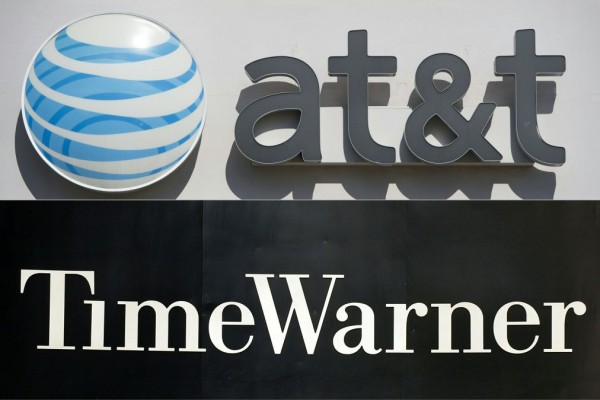Though Chief Executive Randall Stephenson admitted they might have to accept some conditions imposed on the $84.5 billion (77 billion euro) deal.
“While regulators will often time have concerns with vertical integrations, those are always remedied by conditions imposed on the merger, so that’s how we envision this one to play out,” Stephenson told CNBC in an interview.
However politicians are troubled.
Hillary Clinton’s running mate Tim Kaine was asked about it just after the announcement and said: “I share those concerns and questions. We’ve got to get to the bottom of them. Generally, pro-competition and less concentration I think is generally helpful, especially in the media. But this has just been announced and I haven’t had a chance to dig into the details. But those are the kinds of questions that we need to be asking.”
A spokesperson for Hilary Clinton said something very similar.
From the left Bernie Sanders was against. He put out a tweet that consumers would suffer with higher prices and less choice.
And from the other political extreme Donald Trump said if he became president next month he would block the deal as it would mean “too much concentration of power in the hands of two few”.
In fact it is the US Justice Department, not the White House, that has the power to reject such a deal if it violates competition laws.
The Federal Communications Commission might also have a say.
A US Senate subcommittee on competition plans to hold a hearing on the acquisition sometime in November. (Euronews)

 (Copia).jpg)


